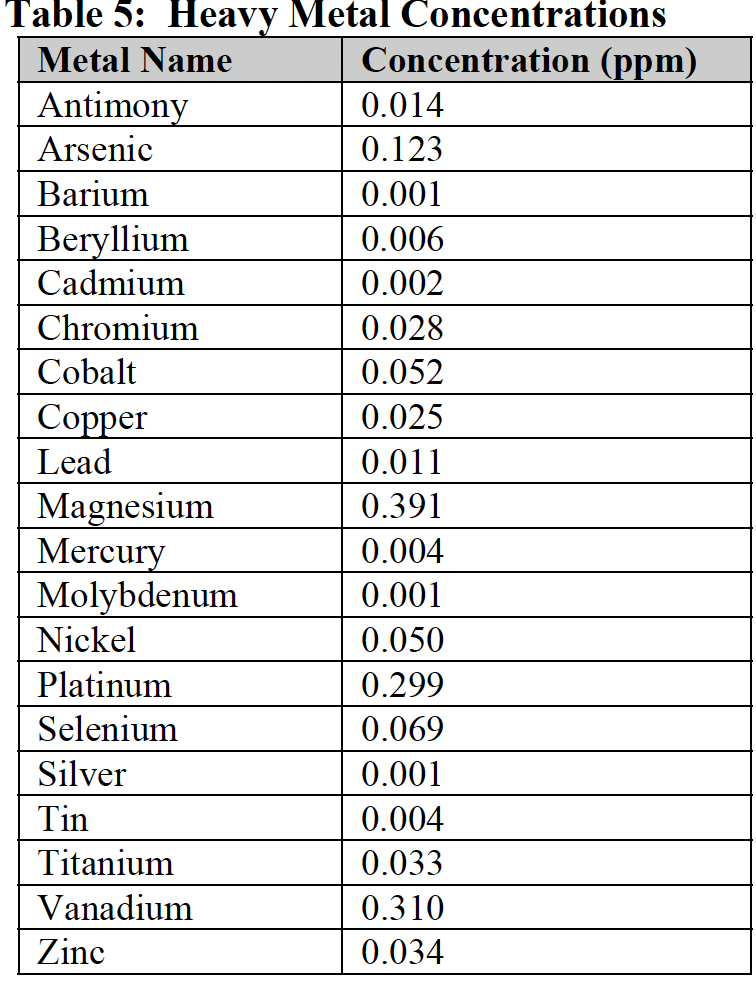Breast implant illness is a collection of a variety of symptoms varying from woman to woman. Fatigue, rashes, burning sensations, hair loss and autoimmune issues are just a few symptoms reported. Traditional medicine brushes aside implants as a cause for illness because there isn’t a definitive test giving a direct link between a person’s symptoms and the implants. Women are guided to believe this connection is all in their heads and that there is no such thing as breast implant illness. When you look up breast implant illness in the medical journals you will find more articles eluding to it being a psychiatric diagnosis and driven by social media. I disagree. Now, before you think I am bashing implants I am not. Majority of women who have implants have no issues with them at all. When I see patients who don’t feel well and have implants I rule everything else out first before I start thinking their implants are the culprit. Evaluating for all possibilities is essential because the last thing I would want is someone to remove their implants and have it not be part of the problem. However, there are women who do have problems with them and it is important to do everything we can to start figuring out ways to diagnose them as well as treat them!
While working with several women with suspected breast implant issues I realized there was a huge gap on how to evaluate them in a meaningful way. Traditional tests are often normal and while important to look at don’t really give you the reasons someone isn’t feeling good. Even if an autoimmune condition, fibromyalgia or chronic fatigue syndrome is diagnosed medicine stops and never asks the question – what caused it? So, I set out to find research that supports issues with breast implants as an underlying cause. In order to approach this from a different angle, I made a list of all possible areas that can be a potential problem with implants.
- Infection
- Toxins from the implants
- Structural issues like improper placement or migration of the implant
- Sensitivity to materials in the implants
- Possibility of autoimmune conditions associated with the implant
- Possibility of genetic predisposition
- Does silicone migration cause issues?
Armed with these questions, I dove in and spoiler alert… I found articles in the medical journals supporting the connection of implants and these issues. I am not going to go into all of these areas today but let me share a snippet of the toxin information I discovered. READ ON…..
My first questions was do implants have heavy metals in them? Breast implants are made in several different layers and each layer has a variety of materials. Manufacturers of the implants are required to provide safety data sheets that disclose the materials in the implants. Some companies even disclose the chemicals used in processing them. The picture I have included in this newsletter is an example of the materials found in one manufacturer’s implant. Manufacturers argue that the amounts are often less than what is found in our water supply which can certainly be true. The problem are these toxins are always there. Studies show that depending on how the implants are made and processed will create varying opportunities for what is called gel bleed (from miniscule amounts to higher amounts). This means the minute you have that implant placed, chemicals from the implant can transfer out to surrounding tissues. In addition, the silicone can migrate (especially with a ruptured implant) to distant sites like lymph nodes, lungs, liver and spleen to name a few. We know that heavy metals are in the implants. We know they can leak out even if the implant is not ruptured. The next question is can a very tiny amount of a heavy metal cause a problem? The answer is yes.
One of the most problematic heavy metals that I see is tin. Tin is used to help cure (or as a catalyst to help cure) the implant along with platinum. I have seen several women who had trouble with their implants with high tin levels in their blood with no other explanation of tin being present. When we started chelating this their symptoms improved. When you look in the literature, you will find even small amounts of tin and some other heavy metals can be extremely toxic. Not every person will be sensitive to a metal though which is one of the reasons for so much variability in symptoms. Tin is not always the culprit as there are a multitude of heavy metals that the body can react to. The point is just because it is a small amount doesn’t mean it won’t be part of the problem. Treatment protocols geared toward removing the heavy metals become an important part of a therapeutic plan once it has been identified.
If you have symptoms that aren’t improving then consider the possibility the implants could really be an issue. Start going thru all the steps to find tests that support this possibility. If you have removed your implants and are still having symptoms don’t give up! Keep looking and diving into all the possible underlying causes. I have seen women who have had their implants removed years before improve once the right protocols were put in place.
To your health,
Laura









